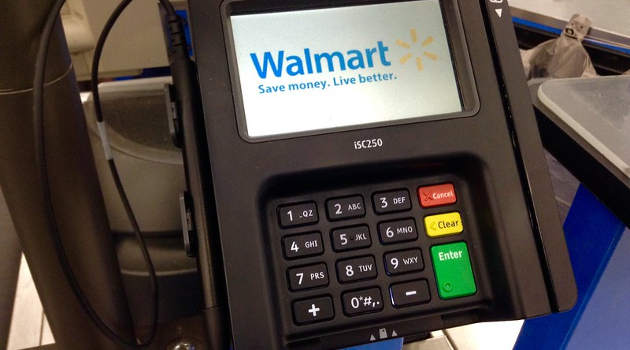It’s a common practice to disguise self interest as public service to win support. Vox provides such an example in its one-sided coverage of the question of credit card swipe fees.
Merchants and retailers have tried for years to secure subsidies in the form of price controls on swipe card fees, preserving for themselves the benefits of accepting credit and debit cards while offloading the cost. They managed a partial victory thanks to 2010’s Dodd-Frank and the Durbin Amendment, which put price controls on debit cards. They’ve fought ever since to expand the controls to include credit cards as well.
The Vox article frames the issue up in a typical class-war narrative, where poor Americans toil under the unfair and crushing burden of credit card rewards:
Many people who use rewards cards have some idea that those rewards are coming from somewhere. But they likely imagine it’s the bank, not their fellow consumers and businesses, picking up the tab.
Every time a credit card is swiped, the bank charges a fee. It seems trivial, but those fees add up — enough to help pay for rewards like points-funded hotel rooms and cash back. To compensate, businesses raise prices, and so cash users (who tend to be poorer) are often subsidizing the perks going to credit card users (who tend to be richer). And the higher the rewards, the bigger the cost to the unsuspecting people paying for it.
The piece only gets more overwrought from there, all but putting responsibility for inequality at the feet of credit card companies. But I want to focus on a particular supposed solution:
Another potential policy fix would be to lower interchange fees, which the Durbin Amendment, part of the 2010 Dodd-Frank bill, did for debit card transactions. If swipe fees for credit cards were capped, rewards would almost certainly diminish, too. But so would the regressive nature of credit card spending.
There you have it! We just have to expand the Durbin Amendment to rain prosperity down on the poor.
But wait, shouldn’t we look at how the poor fared under the current Durbin Amendment first? As it turns out, they haven’t done well as we’ve previously written:
Politicians and merchant lobbying groups promised big savings to consumers, but they failed to materialize. The Federal Reserve Bank of Richmond found few merchants lowered prices in response. On the other side, card issuers reduced consumer benefits like free checking accounts, offering them 35 percent less often according to another Fed study, and other rewards programs. A study from George Mason University economists further estimates as many as 1 million mostly low-income people lost financial access altogether, adding to the problem of the “unbanked.”
The Durbin Amendment is no benefit to the poor. Like most interventions, it comes with unintended, but hardly unforeseeable, consequences.
It’s not altruism motivating the push for swipe fee price controls, it’s just run-of-the-mill special interest pleading.
———
Image credit: Mike Mozart | CC BY 2.0.

